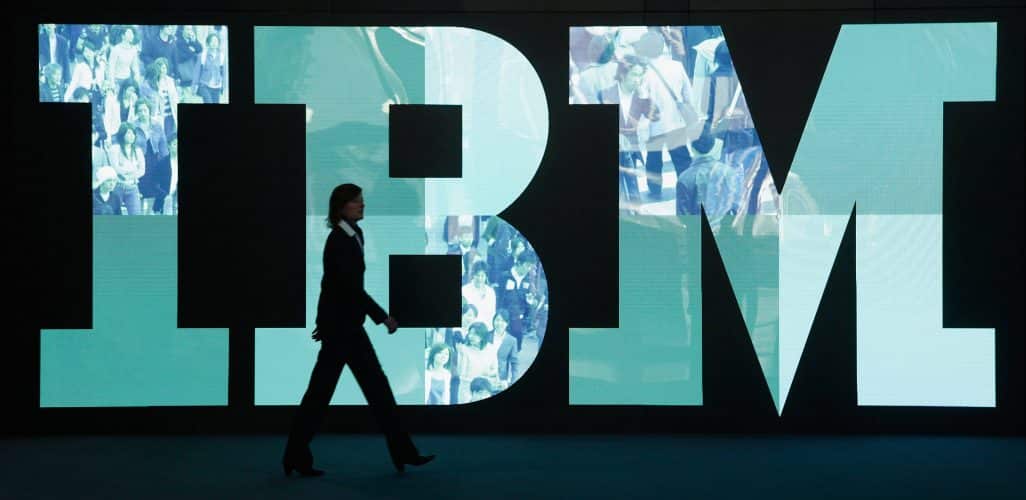A joint IBM project utilizing blockchain and the Internet of Things (IoT) to handle drought is in progress in the United States State of California, as indicated by an official statement published last week.
IBM Research and sensor tech supplier Sweet Sense have allegedly partnered with non-benefit association The Freshwater Trust (TFT) and the University of Colorado Boulder to utilize blockchain, and IoT innovation to reasonably supervise usage of groundwater use. They portray it as one of the biggest and most in danger aquifers in North America – situated in northern California’s Sacramento-San Joaquin River Delta.
As indicated by an official statement, the project will include the utilization of IoT sensors to transmit water extraction data to circling satellites, which are together used to detect climate conditions and rainfall. The information will then be recorded onto the cloud-facilitated and smart contract-good IBM Blockchain Platform.
Water consumers including agriculturists, financers and regulators can utilize an online dashboard to interface with the blockchain and monitor groundwater use progressively.
With exact following set up, the framework would then be able to be utilized to issue purported groundwater shares that can be acquired and exchanged by actors in the district, so the individuals who don’t require all their assigned water supply can exchange it as credits with the individuals who require more.
To inspect the initiative, the public statement noticed that TFT has set up the Northern Delta Groundwater Sustainability Agency, which coordinates different smaller offices under one shade to cooperate on maintainable groundwater use. The office is one of a series of such bodies statewide, which were ordered to tackle the environmental test after California marked its Sustainable Groundwater Management Act (SGMA) into law in 2014.
Beyond the U.S., Sweet Sense has allegedly been executing its sensor innovation to monitor groundwater supplies for over a million people in Kenya and Ethiopia, with plans to grow to 5 million before the end of 2019.
As announced the previous fall, the World Economic Forum (WEF) foundation has delineated more than 65 blockchain use cases for explaining the most pressing ecological difficulties universally. Beyond enhancing inheritance frameworks, the WEF establishment recommended that blockchain solutions will, among different zones, totally change the management of supply chains, decentralized vitality, and water frameworks, economical fundraising sources, and carbon markets.




